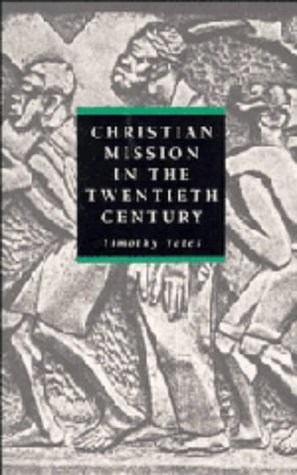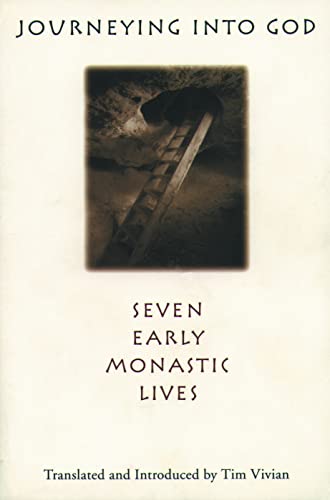When I was an undergraduate, some two-and-a-half decades ago (alas), it was often said that good books on the Holy Spirit were very hard to come by. (The textbook from which I was taught was George Hendry’s The Holy Spirit in Christian Theology which was even then somewhat dated in its feel if not in its content.) And then came the charismatic movement but still good books on the Spirit were in equally short supply. It is true that we had Dunn on the NT evidence, Lampe’s unitarian God as Spirit, C.D.F. Moule’s binitarianism and latterly Tom Smail’s creative fusion of Barthian orthodoxy with charismatic experience but somehow the Holy Spirit remained theology’s Cinderella despite the then current talk of prophecy, tongues, gifts and renewal. It would be an overstatement to say that we have had to wait until now for a balanced treatment of the doctrine (much good work was produced during the 1980s including that by Yves Congar and Smail) yet we can now safely say that this excellent volume in IVP’s ‘Contours of Christian Theology’ series should fit anyone’s bill as a ‘good’ book on the Spirit.
Sinclair Ferguson’s eleven chapters include so much that is profitable: on the Spirit in Scripture; the Spirit in Christ; faith, repentance, and holiness; the church as the sacramental community of the Holy Spirit; spiritual gifts including that of preaching; the Spirit in creation and in redemption as well as the Holy Spirit as the author of order. The emphasis is reformed (though irenically so) and there is much evidence of Calvin’s explicit influence and that of the Puritan giants John Owen and Jonathan Edwards, yet Ferguson writes with an enviable lightness of touch and always with present-day concerns well to the fore. Not all Themelios readers will agree with his cessationist conclusions (though this reviewer finds them on the whole compelling) nor will they concur with each of his interpretations of the Scriptural material. I doubt, for instance, whether the contention that, ‘there is only one kind of tongues-speaking in Scripture, and this is a God-given ability to speak foreign languages ordinarily unknown to the speaker’ can, in fact, be sustained. Neither is it not altogether clear how the concept of spiritual illumination which he affirms will automatically safeguard Christians from the subjectivism which he sees as being endemic in much current thought and practice. Yet generally Ferguson is balanced, erudite and often hugely impressive. Like Calvin he reaches both the heights and the depths in his treatment of union with Christ and participation in him through the Spirit; this is reformed theology at its most sublime. In all this is an exceedingly stimulating and heart-warming contribution to our understanding of the Spirit’s person and work: without doubt a ‘good’ book indeed.
Densil Morgan
University of Wales, Bangor







